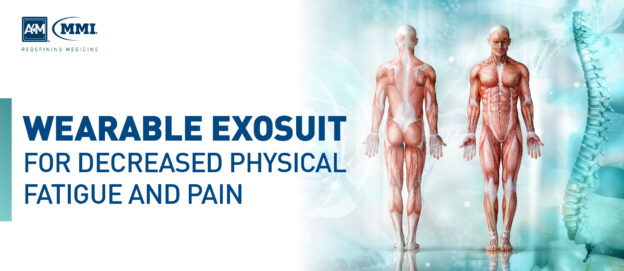Prolonged leaning and repeated lifting movements can frequently lead to fatigue of the low back muscles, which are responsible for the extension of the lumbar spine and undergo undesirable function changes such as tremors, discomfort, soreness, and exhaustion. Lumbar muscle fatigue can negatively impact an individual’s performance, productivity, satisfaction, and safety – especially in the case of workers in manual material handling environments. External aids and wearable assistive devices have been proven to mitigate or reduce lumbar muscle fatigue although the majority currently available on the market are limited by practical factors such as affordability, form, and ability to be seamlessly integrated into workflow.
A recent study conducted by researchers at Vanderbilt University examined the benefits of wearing a new clothing-like exoskeleton on the reduction of back muscle fatigue and the physical relief afforded to material handlers, medical professionals, and other frontline workers. Its findings were published in the Nature journal Scientific Reports.



